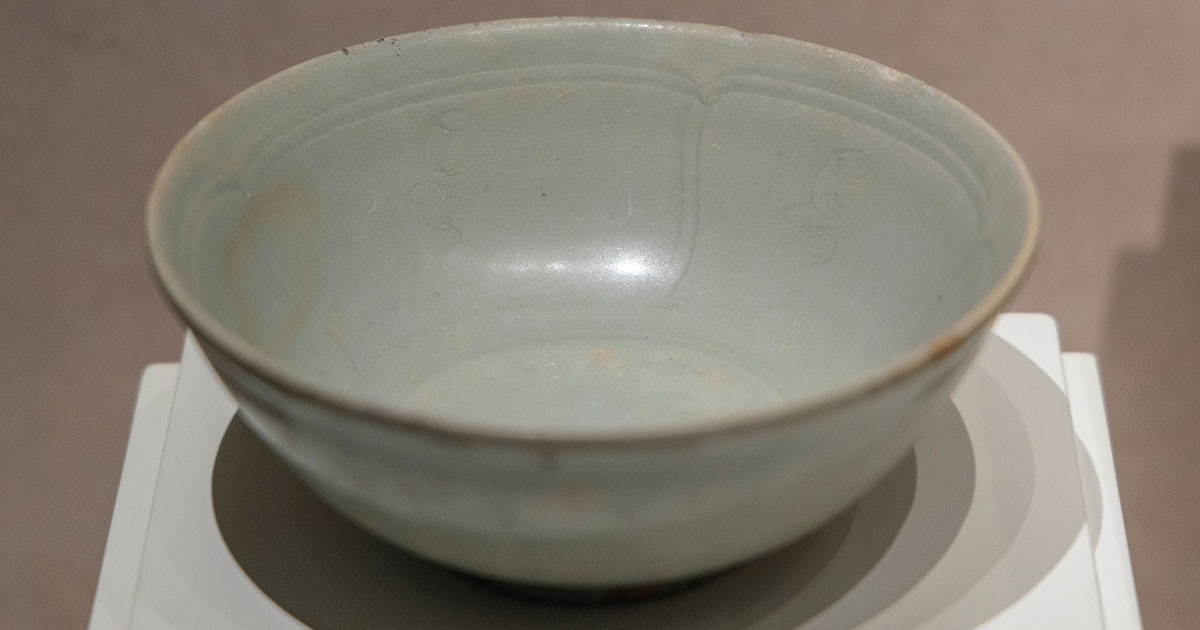You may have entered the marriage already settled in your dream home that has selected hardwood floors and a window that the morning light hits just right at sunrise by your favorite coffee spot. Everything’s just right.
But now that divorce is on the table, you’re asking the big question: Does your spouse have a claim to that house? The answer isn’t a simple yes or no—it depends on what happened before, during, and after the marriage. Read on to see how it all breaks down.
It all begins with knowing the difference in property ownership.
Separate Property Vs Marital Property
If you bought the house before you tied the knot, it’s typically considered separate property, meaning it belongs solely to you. However, that’s not the end of the story. The situation can change quickly depending on what happened during the marriage.
 Thirdman, PexelsHow Contributions And Use During Marriage Affect Ownership
Thirdman, PexelsHow Contributions And Use During Marriage Affect Ownership
Even a house that started as separate property can shift into shared territory. Here’s how: If marital funds were used to pay the mortgage, make upgrades, or cover renovations, your spouse may gain a financial interest. Likewise, adding your partner’s name to the deed—or refinancing in both names—can convert the home into marital property.
Courts often view those acts as an intent to share ownership, mainly if both parties contributed to expenses and maintenance.
State Rules Matter: Community Property Vs Equitable Distribution
In the United States, divorce property laws vary widely.
Community property states—like California, Texas, and Arizona—typically divide marital assets 50/50. If your home appreciated during the marriage or was maintained with shared funds, part of that increase may be subject to division.
In equitable distribution states, the court considers fairness rather than a strict split, taking into account each spouse’s financial and non-financial contributions.
 Karola G, PexelsKey Considerations To Protect Your Rights
Karola G, PexelsKey Considerations To Protect Your Rights
Here’s what you should review right now:
Title and Deed: Is the property still in your name only?
Funding Source: Were marital funds used for mortgage payments or renovations?
Added Ownership: Did you add your spouse to the title?
Value Increase: Was the appreciation due to joint improvements or market trends?
Agreements: Did you sign a prenuptial or postnuptial contract clarifying ownership?
Each factor can influence whether the home remains solely yours or becomes subject to division.
Final Thoughts: Protecting What’s Yours
Suppose the house was purchased before marriage, remained in your name, and was maintained with your personal funds; it’s likely still your separate property. But if you mingled finances or changed the title, your spouse could claim a portion. The all-around remedy is to keep meticulous records and consult a local family law attorney. Every state handles property division differently, and an expert can help ensure you don’t give up more than you must.
Divorce is hard enough—don’t let confusion over home ownership make it more complicated. Get clear on your rights and take action before emotions or the courts decide for you.








